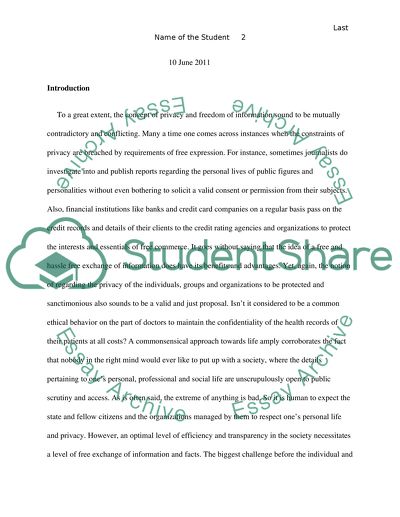Cite this document
(“Privacy Right of Freedom of Information Research Paper”, n.d.)
Retrieved from https://studentshare.org/family-consumer-science/1424814-privacy-right-of-freedom-of-information
Retrieved from https://studentshare.org/family-consumer-science/1424814-privacy-right-of-freedom-of-information
(Privacy Right of Freedom of Information Research Paper)
https://studentshare.org/family-consumer-science/1424814-privacy-right-of-freedom-of-information.
https://studentshare.org/family-consumer-science/1424814-privacy-right-of-freedom-of-information.
“Privacy Right of Freedom of Information Research Paper”, n.d. https://studentshare.org/family-consumer-science/1424814-privacy-right-of-freedom-of-information.


